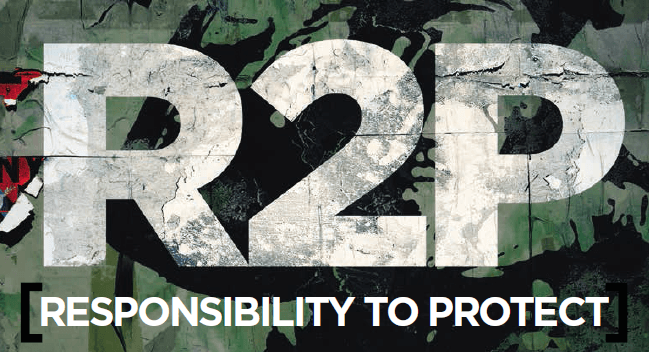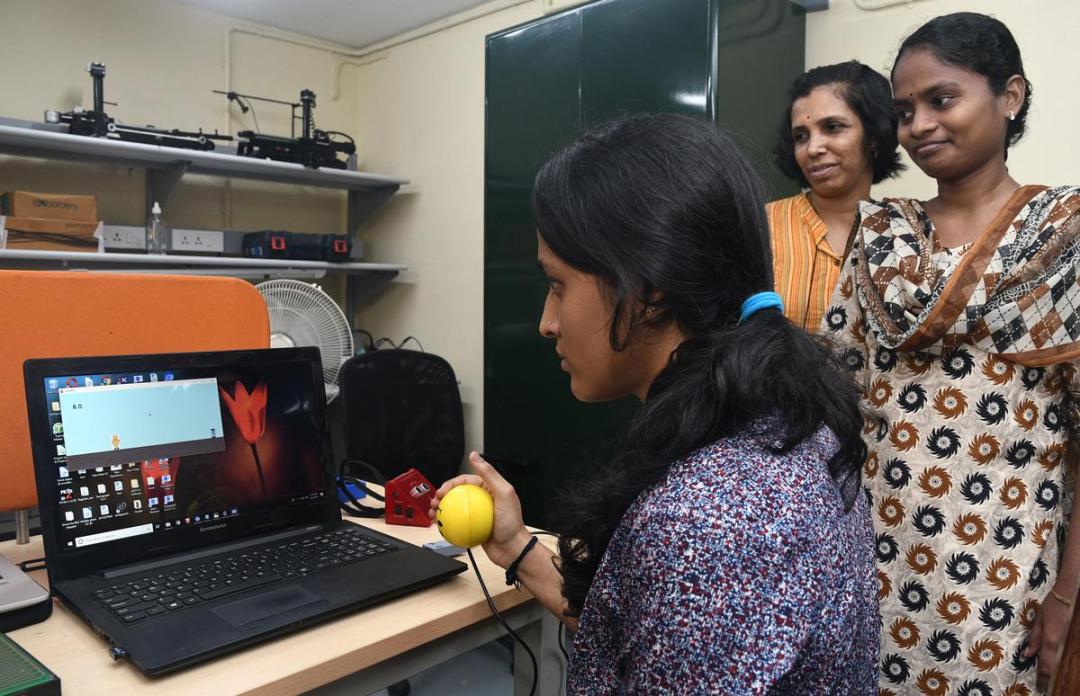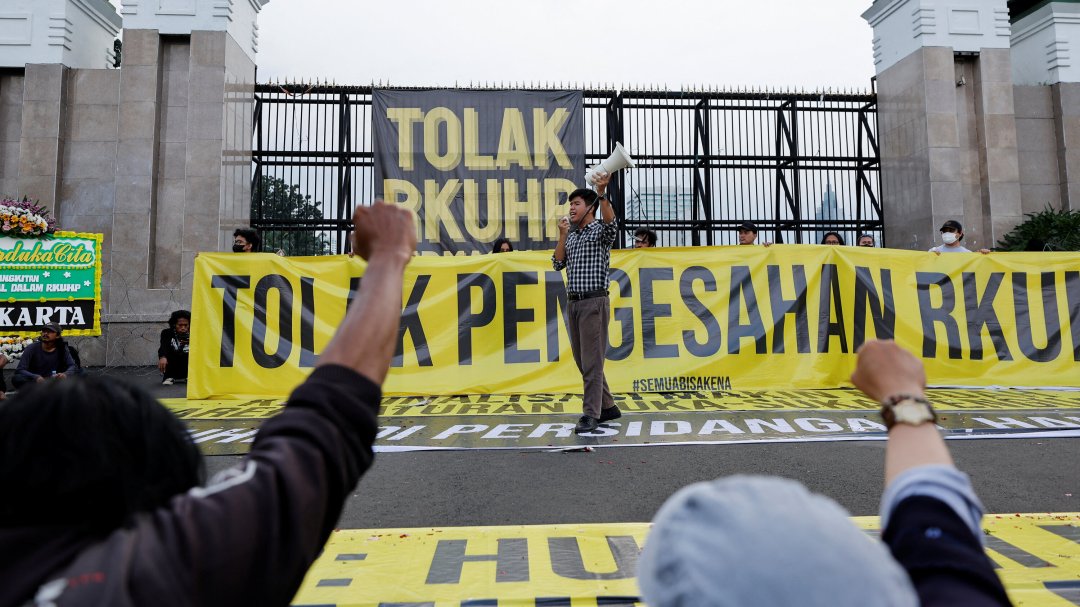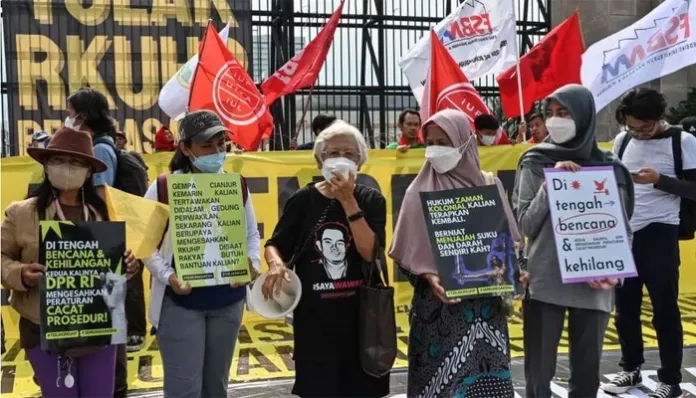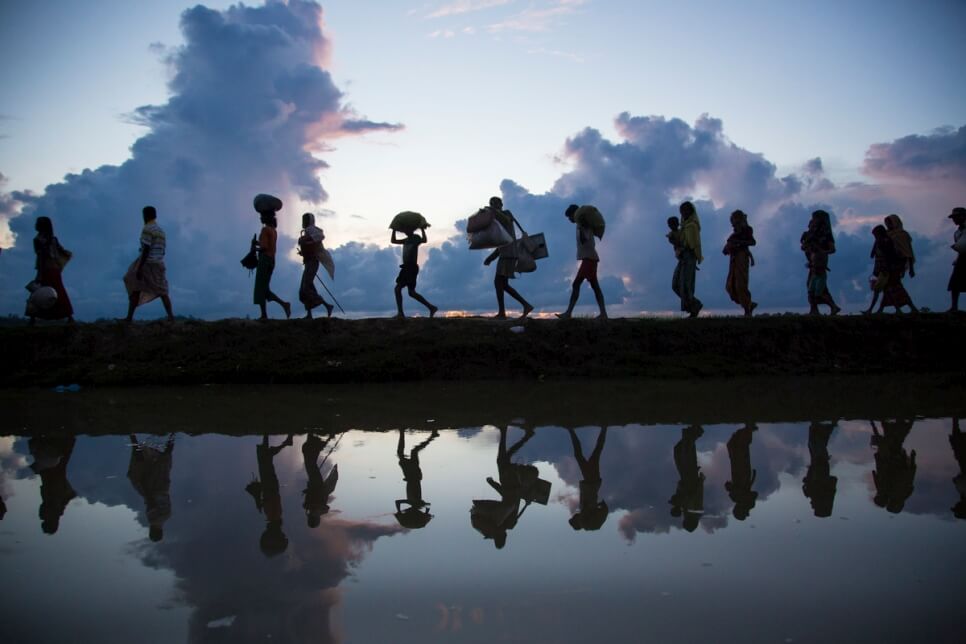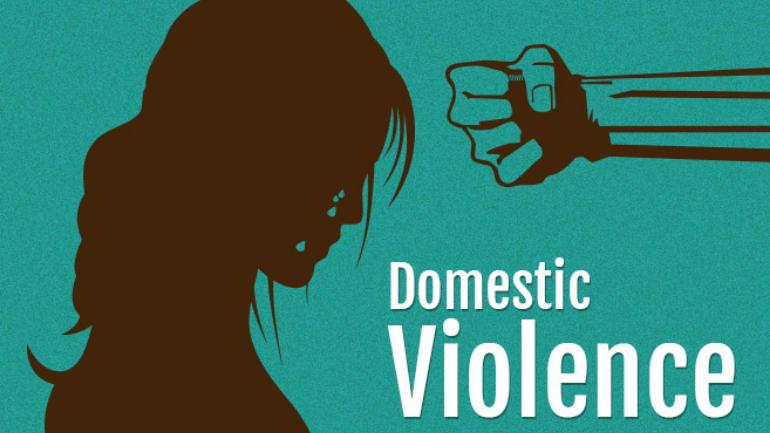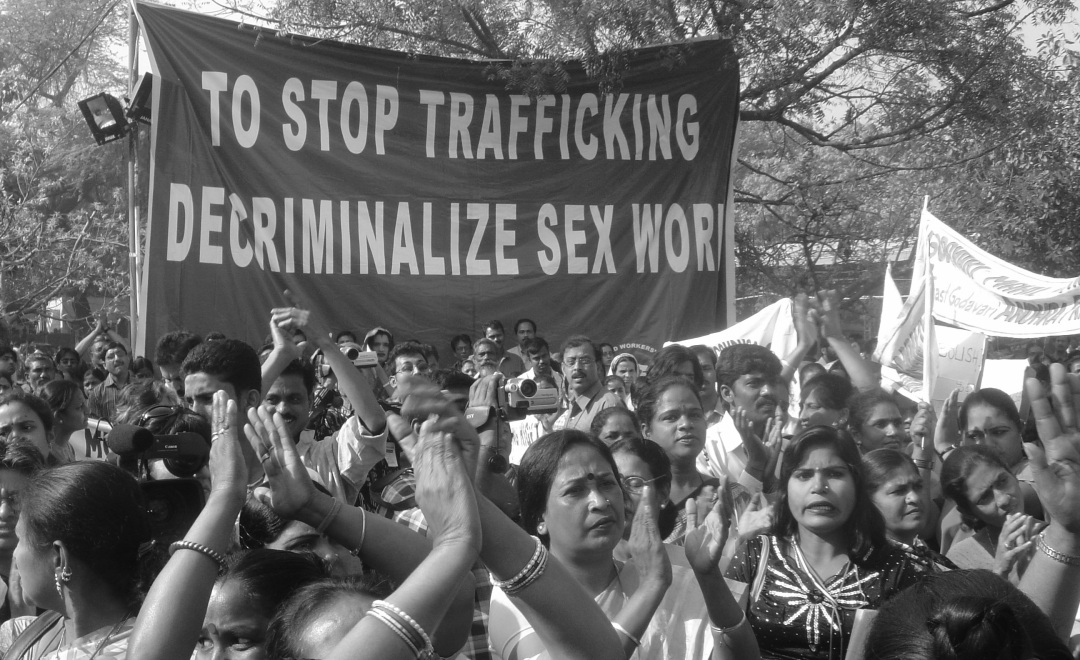Harshita Sharma and Kirthana Shivakumar Consider travelling back in time to when eyewitness testimony was the only source of evidence, the time when word-of-mouth was the only source of information. That is precisely where the advent of deepfake technology is taking this society: to a time when we can no longer believe what is recorded … Continue reading The Dismal Reality of Deepfake Technology: A Bane to Human Rights Violation Cases
The Responsibility to Protect (R2P): Under what circumstances might the Security Council sanction an intervention to prevent or halt mass atrocities be justifiable, whether legally or otherwise?
Adity Rahman Shah The core principle of Responsibility to Protect (R2P) postulates that the state sovereignty implies responsibility,[1] i.e. the state is imposed with the primary responsibility to protect the population from persecution and when it is required, the responsibility even extends beyond the border. In other words, a state has an obligation, under certain circumstances, … Continue reading The Responsibility to Protect (R2P): Under what circumstances might the Security Council sanction an intervention to prevent or halt mass atrocities be justifiable, whether legally or otherwise?
Accessibility of RTE for Persons with Disabilities – a critical commentary of Avni Prakash v. National Testing Agency
Aditi Sadhu and Aryaka Jain Introduction The terms inclusivity and accessibility thrive across educational institutions and workplaces, as the discourse on disability rights presents various emerging facets such as digital accessibility, media accessibility and legal accessibility, et al. This discourse is also plagued by the usage of ableist terms that determine the level of mettle … Continue reading Accessibility of RTE for Persons with Disabilities – a critical commentary of Avni Prakash v. National Testing Agency
Indonesia’s New Criminal Code Proscribes Extramarital Sex: Ramifications on Sex Workers
Masad Khan INTRODUCTION The Indonesian parliament, or the People’s Consultative Assembly of the Republic of Indonesia, has passed a new Criminal Code (“Code”) on 6 December, 2022 which shall replace its existing Criminal Code, which was drafted during the Dutch colonial rule. Many provisions of the new Code fall foul to the international standards of human, civic and political rights. … Continue reading Indonesia’s New Criminal Code Proscribes Extramarital Sex: Ramifications on Sex Workers
New Criminal Code- Indonesia’s Disaster for Human Rights
Abha Singhal and Sohum Sakhuja A BRIEF HISTORY OF THE INDONESIAN LEGAL FRAMEWORK Following the adoption of a contentious new criminal code in Indonesian Parliament this week, extramarital sex is now punishable by upto a year in jail,, rocking Indonesia and prompting accusations from critics that the government is aiming to usher in a new … Continue reading New Criminal Code- Indonesia’s Disaster for Human Rights
Fight for Survival: Plight of Women Under Taliban Rule
This article is authored by Khyatee Ahuja & Chaitanya Vohra, The authors are Junior Editor and Research Assistant at CASIHR respectively.
Derisive Nature of International Law – national interest vs conventional action in light of the UK’s anti-refugee bill
Ashlesha Pandey Abstract The following article expounds in detail how the derisive nature of International Law, and lack of imposable sanctions and regulatory mechanisms have rendered various conventions, ineffectual, at least on paper. The discussion is undertaken in the light of UK’s recent Nationality and Borders Bill, dubbed the Anti-Refugee Bill, owing to its annihilation … Continue reading Derisive Nature of International Law – national interest vs conventional action in light of the UK’s anti-refugee bill
Lacuna in appellate court’s bail cancellation powers – the need to rethink perspective
Kamlesh Vishnoi Abstract There is a marked difference between the procedure for consideration of bail under Section 439, which is the pre-conviction stage, and Section 389 Code of Criminal Procedure, which is the post-conviction stage. An interpretation may also go that the proviso does not bar any person apart from the public prosecutor to approach … Continue reading Lacuna in appellate court’s bail cancellation powers – the need to rethink perspective
What’s in a name? – how changing a name enables human rights violations
Donald Guadagni Names are used as vehicles by State actors to polarize public opinion, and to vilify segments of both the indigenous and foreign populations to achieve a political end or justify State actions against groups by casting the groups into a light that will not garner sympathy, nor illicit public aid and thus, enabling … Continue reading What’s in a name? – how changing a name enables human rights violations
An apt solution to the intensifying problem of domestic violence in India
Aneesh Raj Abstract Domestic violence against women is one of the worst forms of human rights violation. There are various statutes to prevent women from being abused within the household, but the harsh reality is that due to a lack of a proper mechanism, they face difficulty in taking suitable actions. The problem of domestic … Continue reading An apt solution to the intensifying problem of domestic violence in India
Critiquing the Investor-Friendly Nature of Bilateral Investment Treaties: A Human Rights Perspective
Isha Khurana Introduction The credit for the success we see in international investment has been largely attributed to Bilateral Investment Treaties (hereinafter BITs). BIT’s have been used historically, as a means to promote foreign trade, especially for developing nations that were in dire need of funds after several wars. However, in doing so, they seem to … Continue reading Critiquing the Investor-Friendly Nature of Bilateral Investment Treaties: A Human Rights Perspective
A Response to the Maximalist Approach to Criminal Law and the Problem of Over-Criminalization
An excessively maximalist approach contradicts the theory of criminalization, which states that the state can impose penal sanctions and that if it does not legislate within these limits, it leads to an explosion of criminal laws and an inconsistent, unreliable criminal justice system. Overcriminalization causes disproportionate sentences, jail congestion, and targeting marginalised populations, for instance, according to the NDPS.
DECRIMINALISATION: RESOLVING THE CONUNDRUM BETWEEN “SEX TRAFFICKING” AND “SEX WORK”
Aditi Gupta & Udai Yashvir Singh ABSTRACT This article attempts to discuss and address the hazards of conflating “sex work” and “sex trafficking”. It aims to shed light on how criminalization of sex work due to this conflation negatively impacts the lives of sex workers. Further the article analyses whether sex work must be criminalised or … Continue reading DECRIMINALISATION: RESOLVING THE CONUNDRUM BETWEEN “SEX TRAFFICKING” AND “SEX WORK”



